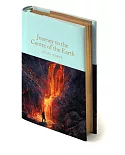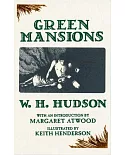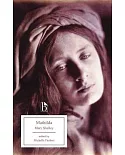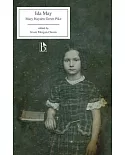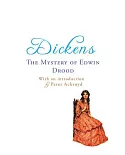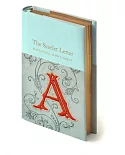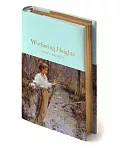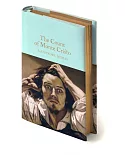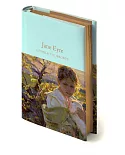This Side of Paradise, by
F. Scott Fitzgerald, is part of the
Barnes & Noble Classics series, which offers quality editions at affordable prices to
the student and the general reader, including new scholarship, thoughtful design, and pages of carefully crafted extras. Here are some of the remarkable features of
Barnes & Noble
Classics:
New introductions commissioned from today's top writers and scholars Biographies of the authors Chronologies of contemporary historical, biographical, and cultural events Footnotes and
endnotes Selective discussions of imitations, parodies, poems, books, plays, paintings, operas, statuary, and films inspired by the work Comments by other famous authors Study questions
to challenge the reader's viewpoints and expectations Bibliographies for further reading Indices & Glossaries, when appropriateAll editions are beautifully designed and are printed
to superior specifications; some include illustrations of historical interest. Barnes & Noble Classics pulls together a constellation of influences—biographical, historical,
and literary—to enrich each reader's understanding of these enduring works.
If the “Roaring Twenties” are remembered as the era of“flaming youth,” it was F. Scott Fitzgerald who lit the fire. His semi-autobiographical first novel, This Side of
Paradise, became an instant best-seller and established an image of seemingly carefree, party-mad young men and women out to create a new morality for a new, post-war America. It traces
the early life of Amory Blaine from the end of prep school through Princeton to the start of an uncertain career in New York City.
Alternately self-confident and self-effacing, torn between ambition and idleness, the self-absorbed, immature Amory yearns to run with Princeton’s rich, fast crowd and become one of the
“gods” of the campus. Hopelessly romantic, he learns about love and sex from a series of beautiful young “flappers,” women who leave him both exhilarated and devastated. Fitzgerald
describes it all in intensely lyrical prose that fills the novel with a heartbreaking sense of longing, as Amory comes to understand that the sweet-scented springtime of his life is fragile
and fleeting, disappearing into memory even as he reaches for it.
Sharon G. Carson is Professor Emerita in the English Department at Kent State University, where she has taught for thirty-five years. She is the author of numerous articles and
essays on modern and contemporary fiction.






